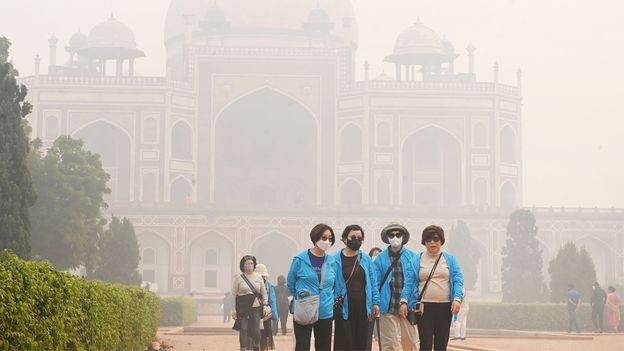
Opinion | Elections and the burden of clean data
Live MintThe yardsticks by which we measure our well-being—indeed, future survival—are increasingly closely knit with data. Earlier this month, an international group of information specialists came together at the UK’s House of Lords to mark the launch of a report on the importance of reliable data and statistics in international development, and the challenges and opportunities posed by digital records. It is home to some of the world’s largest development and jobs programmes, which, in turn, are dependent on the integrity and robustness of its digital data collection system. Manor, in his paper titled The Potential—Constructive and Destructive—of Information Technology for Records Management, illustrated his point through India’s experiences with two programmes, the Mahatma Gandhi National Rural Employment Guarantee scheme and the Aadhaar unique identity scheme. While the MGNREG Act was successful in generating employment as the world’s biggest jobs programme, Manor argued, the Aadhaar programme, by its insistence on linking the delivery of welfare benefits to the 12-digit unique identity scheme and “in its haste and drive for control”, had driven many to further destitution, malnutrition, sickness and out of education.
History of this topic

Air pollution likely killed millions of Indians over a decade, study finds
The Independent
Millions breathe poison, but why public health isn't political priority in India
India Today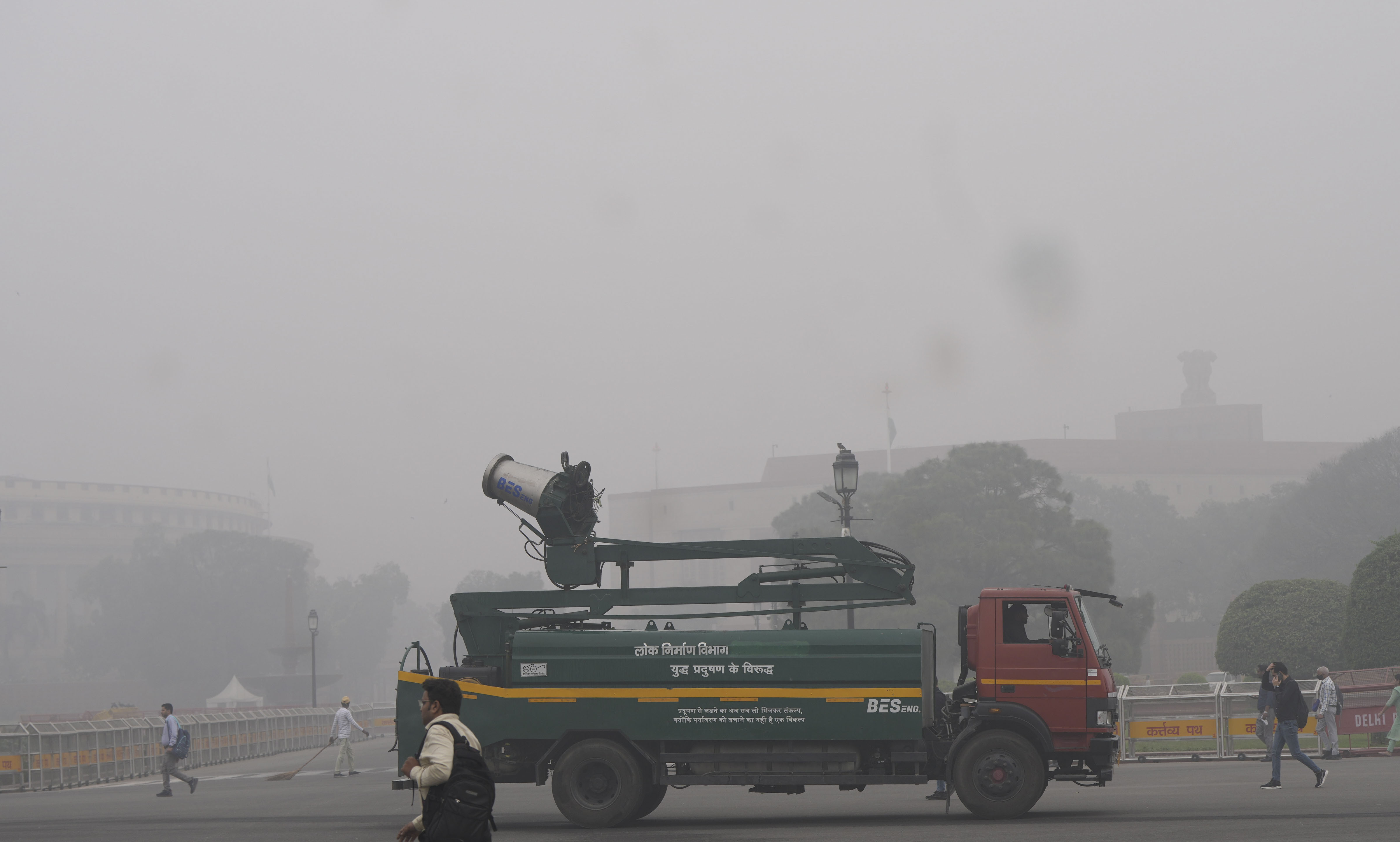
Patralekha Chatterjee | Dirty air could be a blow to India’s $5 trillion dreams
Deccan Chronicle)
How policymakers are accountable for air pollution deaths in India
Firstpost
India lacks transparency in sharing air quality data, says report
Live Mint)
Locked under Blue Skies: Air Quality and the Pandemic
News 18Minding the gaps in India’s data infrastructure
The Hindu
Is air pollution on the decline in India?
Live Mint
Air pollution: India waking up, but there’s a long way to go
Hindustan TimesDiscover Related











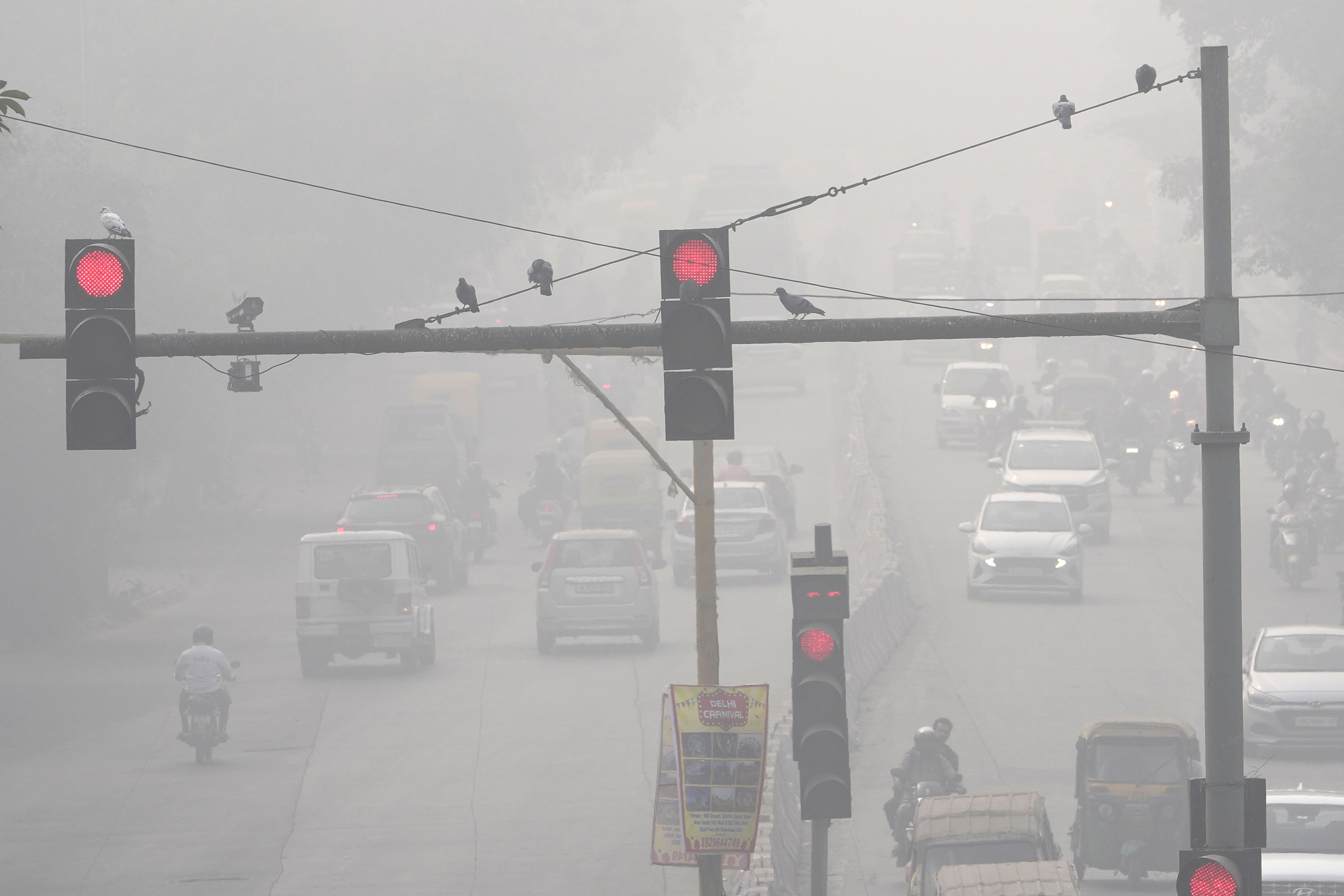



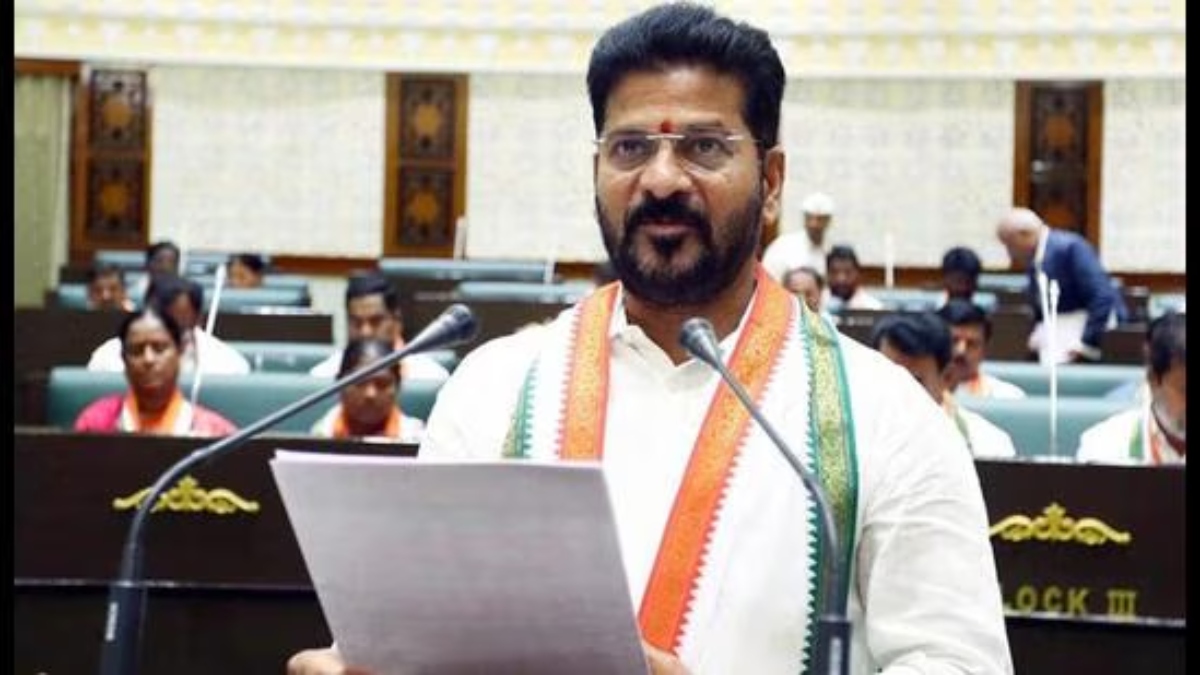












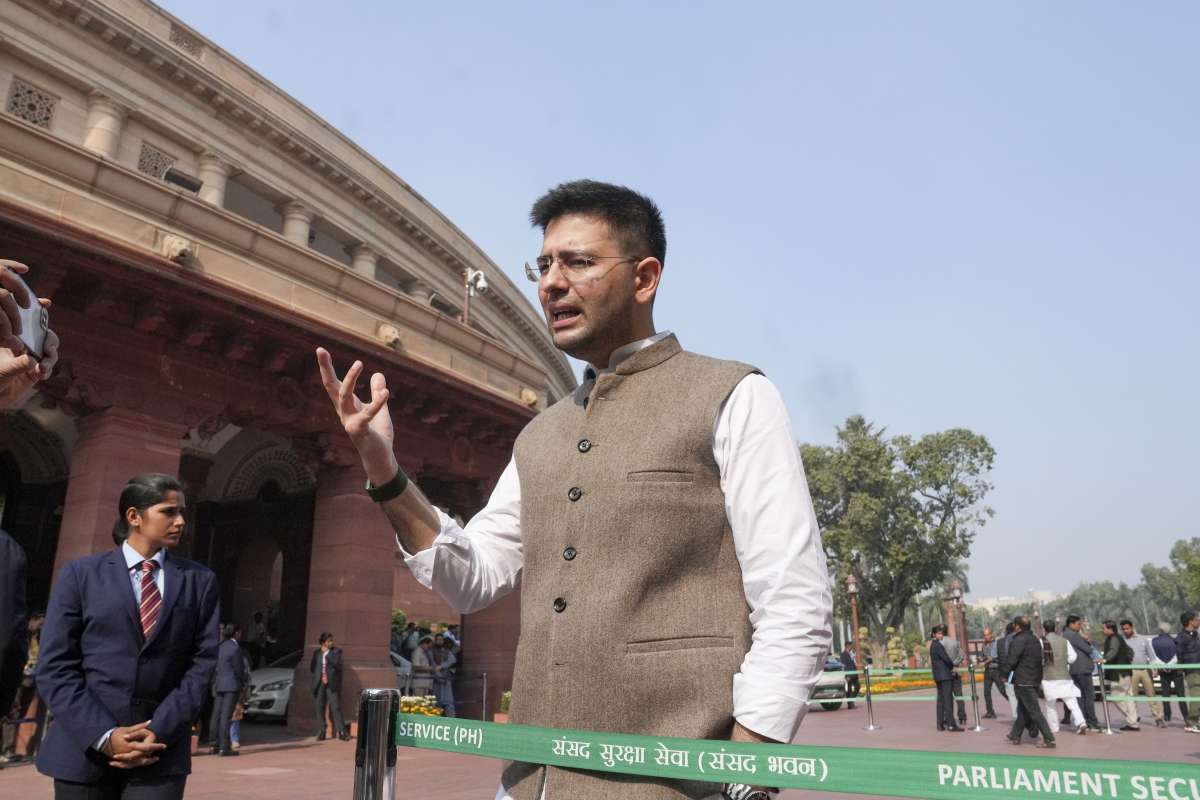




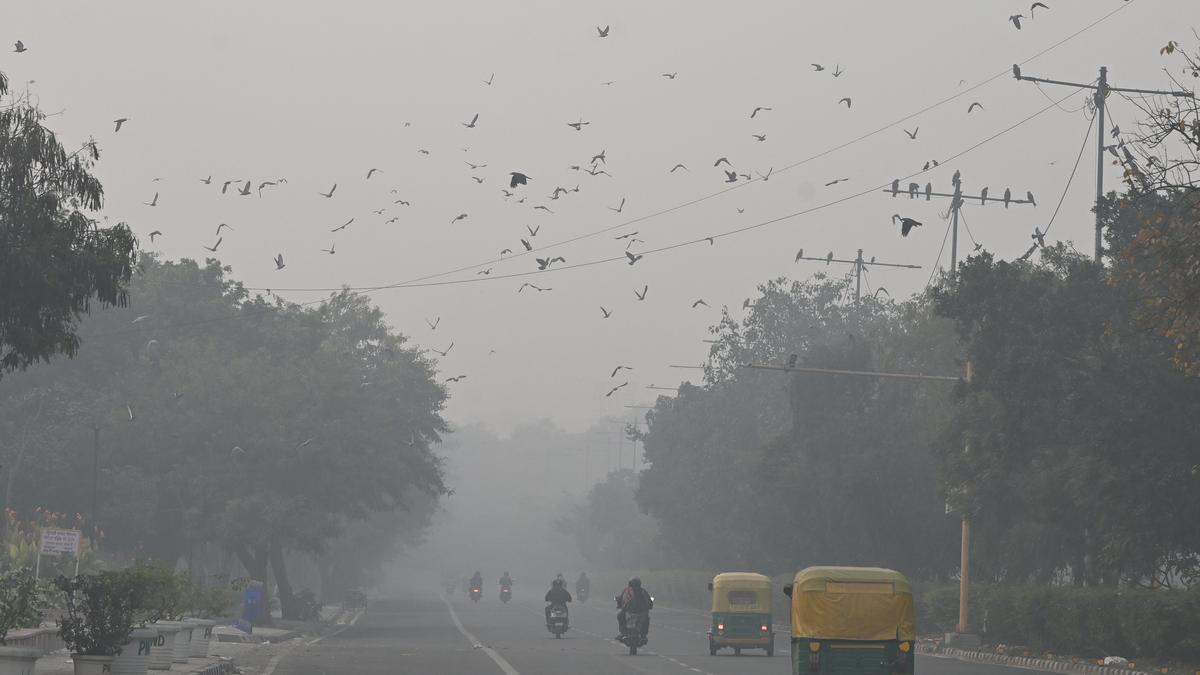
)










